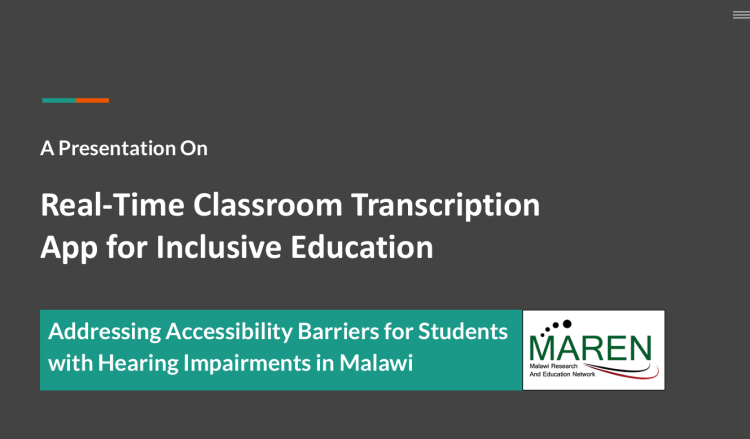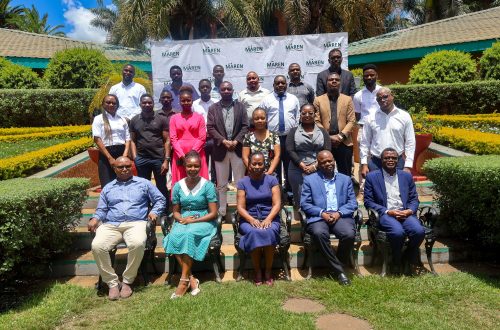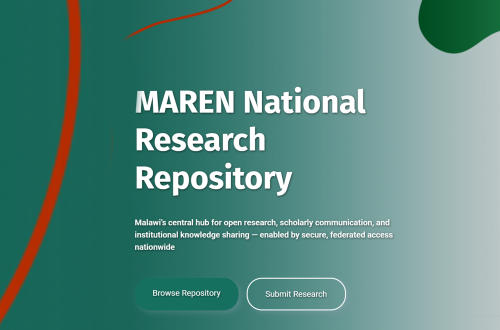
Following its impactful presence at the 2025 EduTech Conference, MAREN continued to highlight its commitment to inclusive digital education. In a session led by our Cybersecurity team, MAREN presented the concept for a promising innovation: the “Real-Time Classroom Transcription App”, a mobile application designed to support learners with hearing impairments in Malawian classrooms.
The presentation focused on how the app could address longstanding communication challenges in the education sector. The team emphasized that the application, still in development, would convert spoken classroom content into real-time text—allowing students who are deaf or hard of hearing to follow lessons more effectively.
According to the 2018 Malawi Population and Housing Census, 10.4% of the population lived with some form of disability, with over 1.5 million experiencing hearing difficulties. MAREN highlighted how these students continued to face barriers in accessing quality education due to a lack of supportive infrastructure. The app, once launched, aimed to change that.
What made this solution stand out was its design focus on Malawi’s unique needs. Unlike existing tools such as Otter.ai or Google Live Transcribe, which rely heavily on constant internet access and often misinterpret local accents, the proposed app was being built to function offline and was trained to recognize Malawian English more accurately.
The presentation outlined several key features planned for the app. These included offline functionality for use in rural and underserved areas, accent-adapted AI trained on local speech patterns, and a simple interface offering live transcription, saved notes, and privacy-conscious storage on the user’s device.
MAREN framed the app as a policy-aligned initiative that would support Malawi’s National Education Policy (2016), the National Strategy on Inclusive Education (2017–2021), and the country’s obligations under the UN Convention on the Rights of Persons with Disabilities (CRPD). The app would also support the Ministry of Education’s ongoing efforts to improve access for learners with disabilities and help fulfill the vision of equitable learning for all.
The initiative sparked strong interest at the conference. Participants praised MAREN’s forward-thinking approach and its focus on practical, locally developed solutions. The presentation aligned well with the 2025 UNIMA EdTech Agenda, which emphasized mobile, inclusive, and sustainable technologies.
While the app was not officially launched at the event, MAREN’s presentation marked a significant step in rallying academic, technical, and policy support for its future deployment. It also reinforced MAREN’s role as not only a provider of digital infrastructure like eduroam, but also as a leader in developing educational technologies that respond directly to Malawi’s social and developmental needs.
As MAREN continues to develop the Real-Time Classroom Transcription App, it sets the stage for a transformative shift toward inclusive, technology-driven learning environments in Malawi—where every learner has the tools to succeed.
Subscribe To Our Newsletter
Get updates and learn from Us
More To Explore

MAREN Engages Central Region Universities as ISOC-Funded Network Resilience Project Enters Second Phase
When the internet goes down on a university campus, learning, research, and critical operations which

MAREN Launches National Repository to Elevate Malawian Research to Global Platforms
For many Malawian researchers, the challenge has never been the absence of valuable work—but rather
